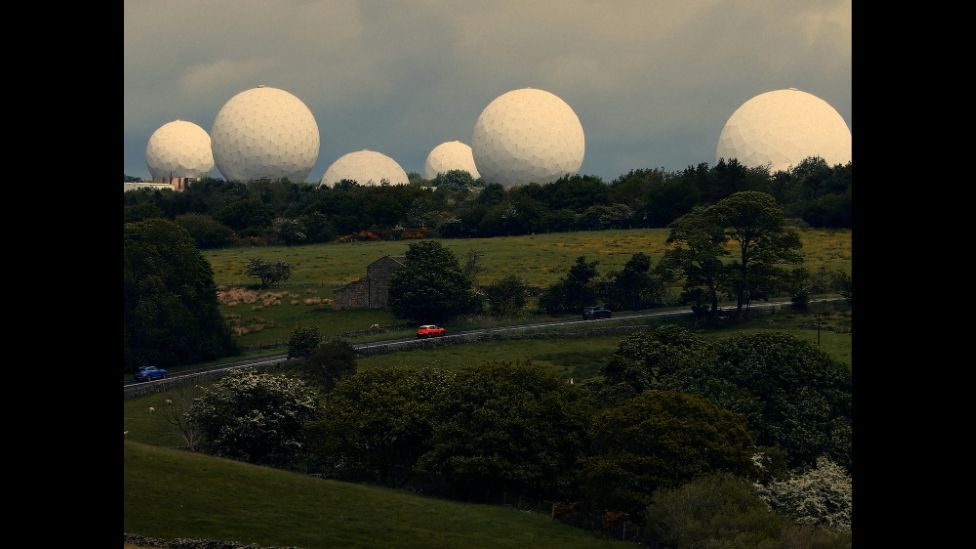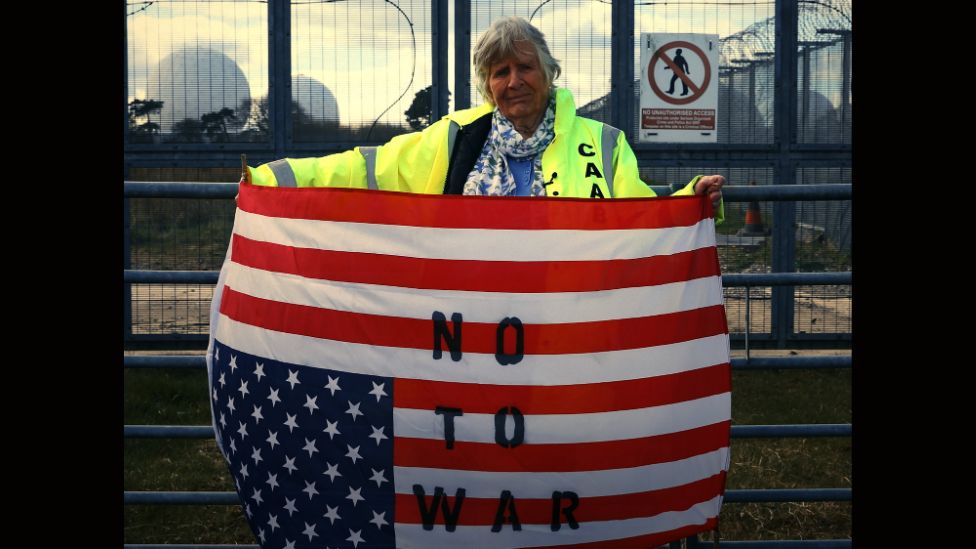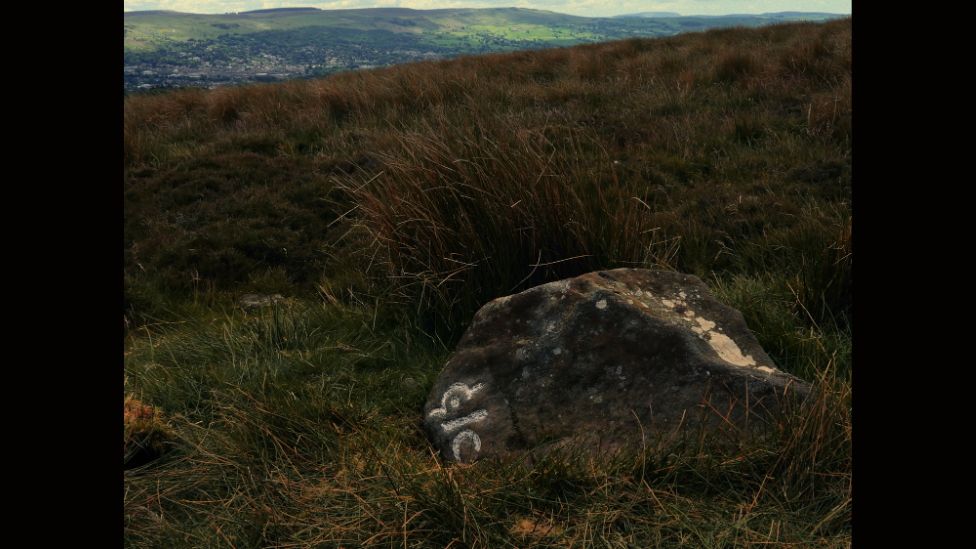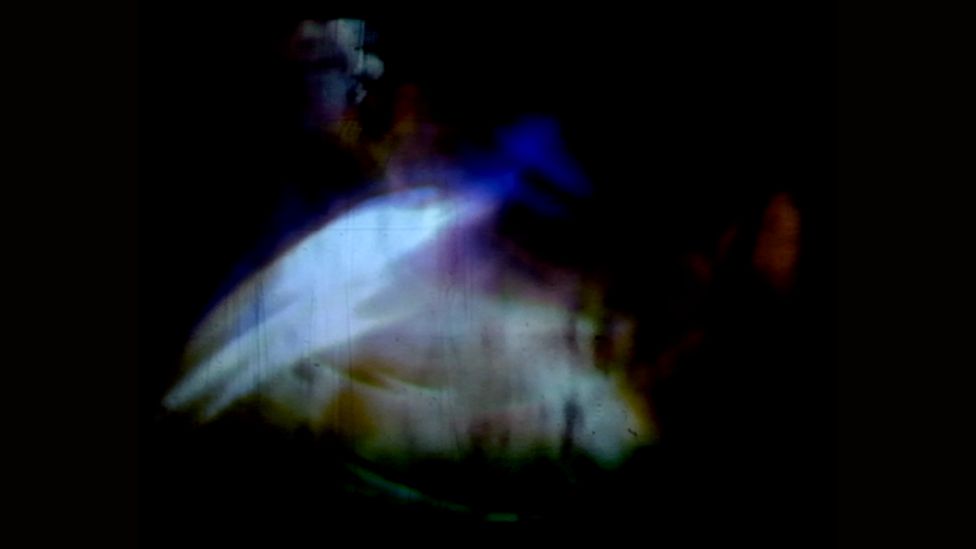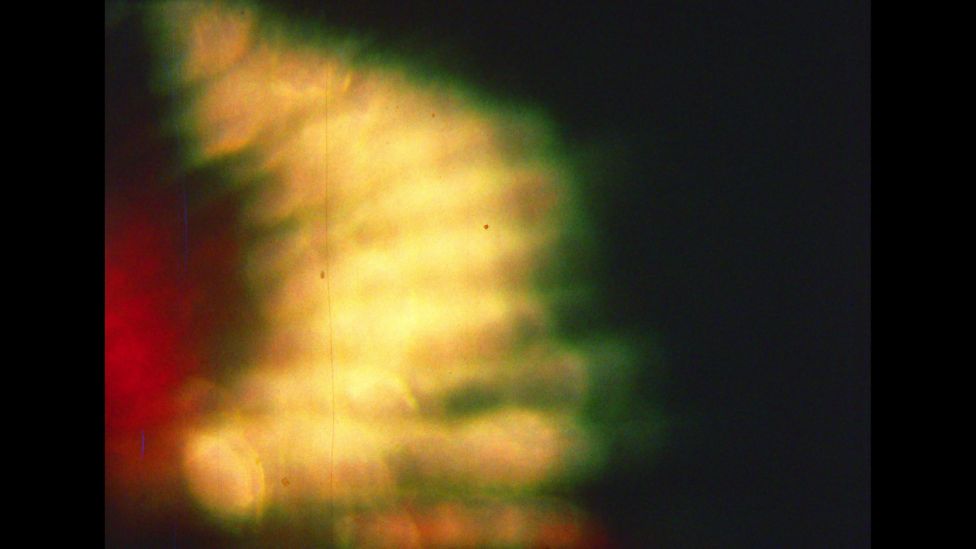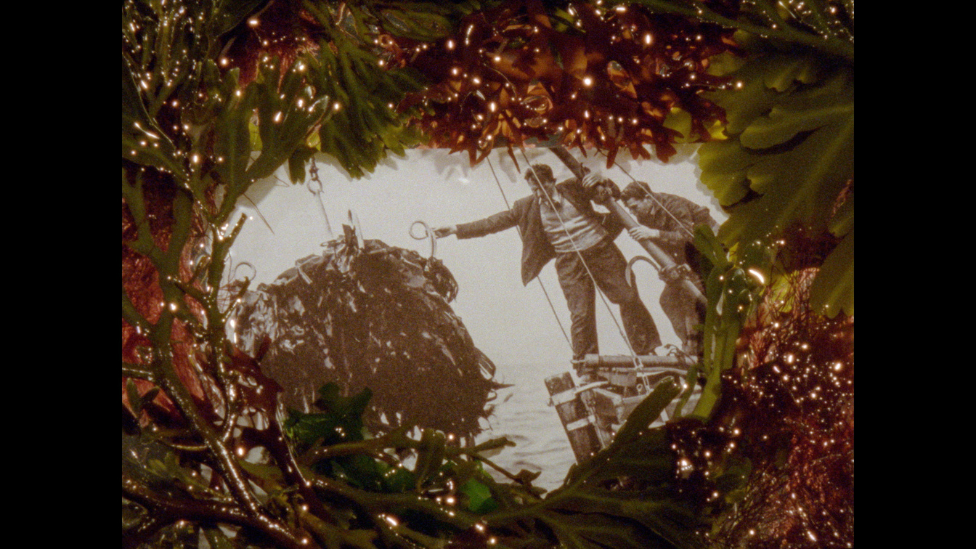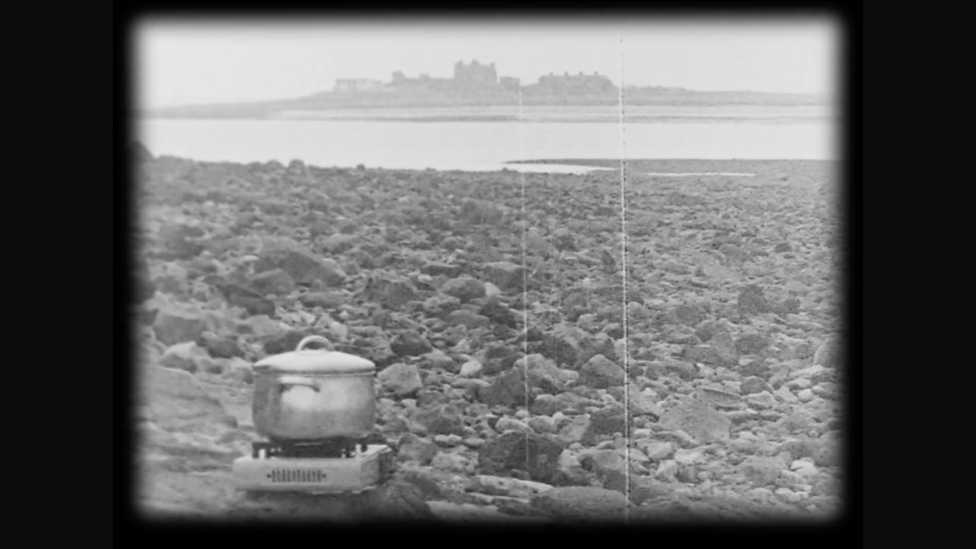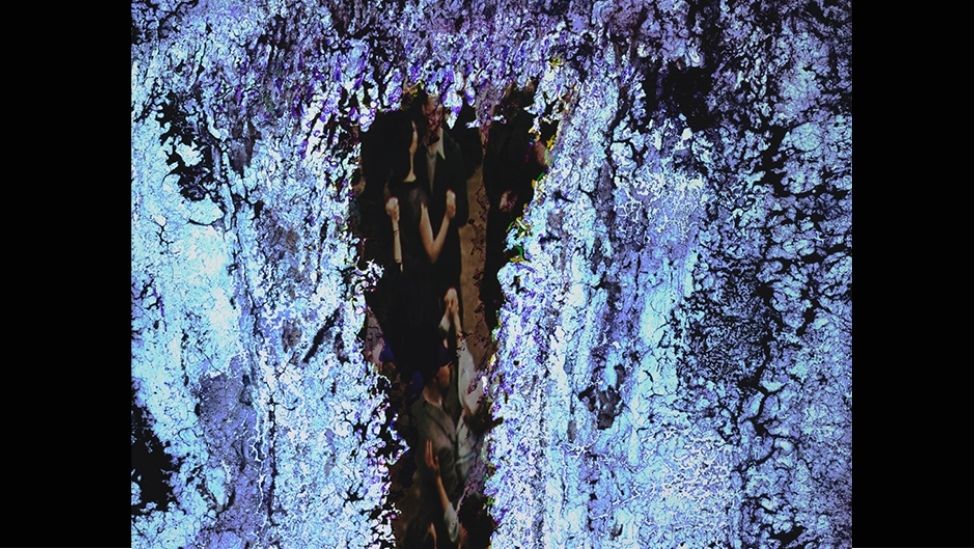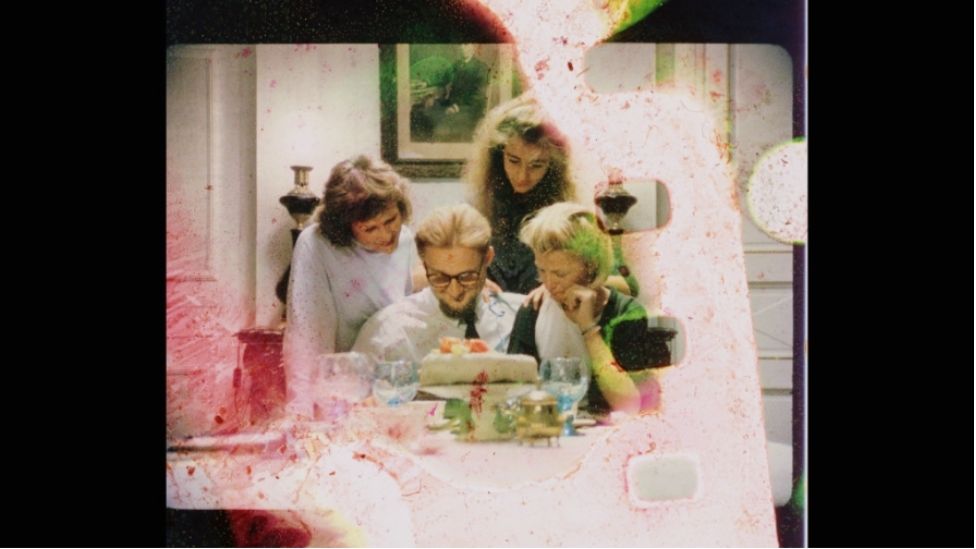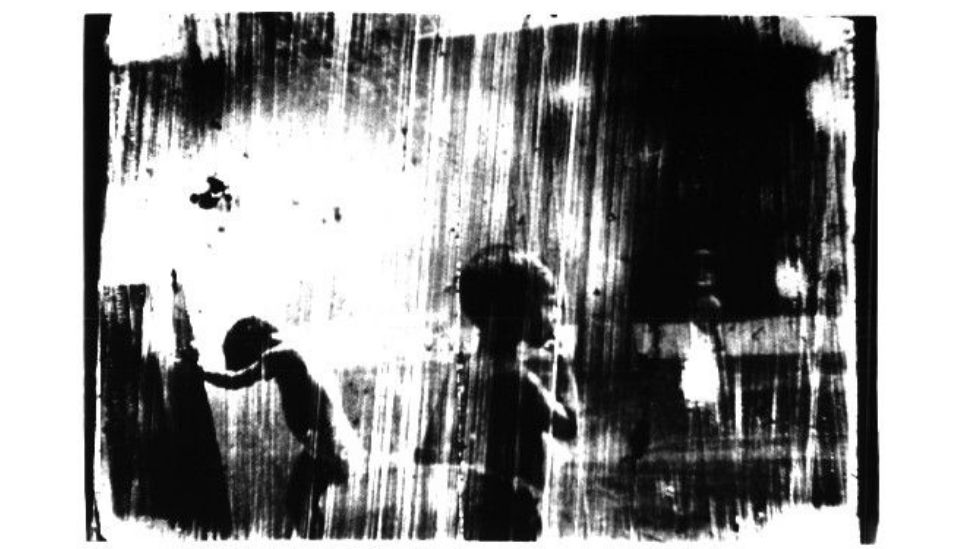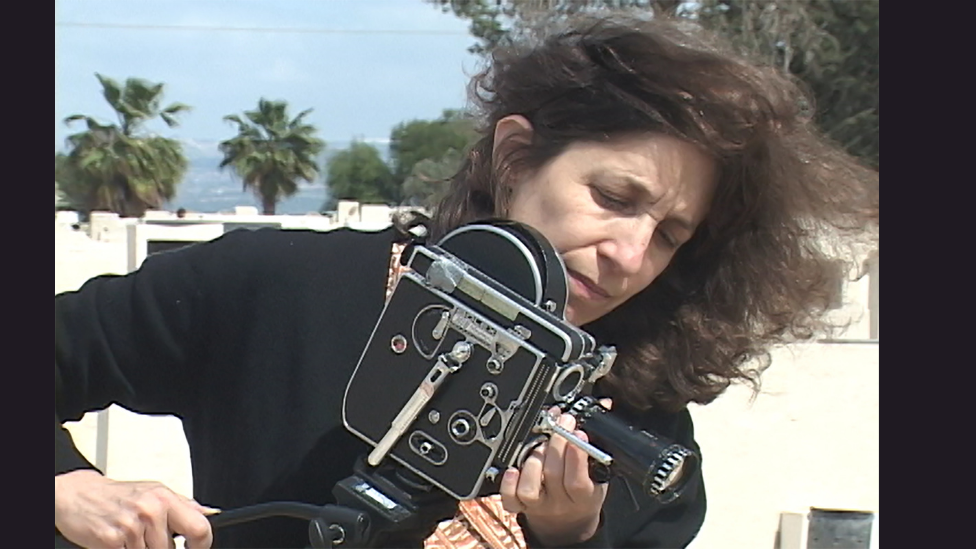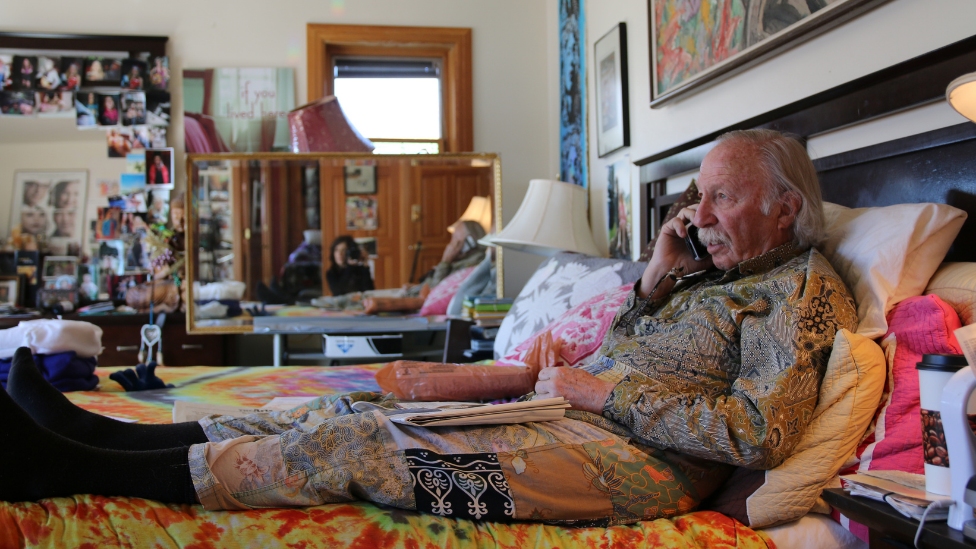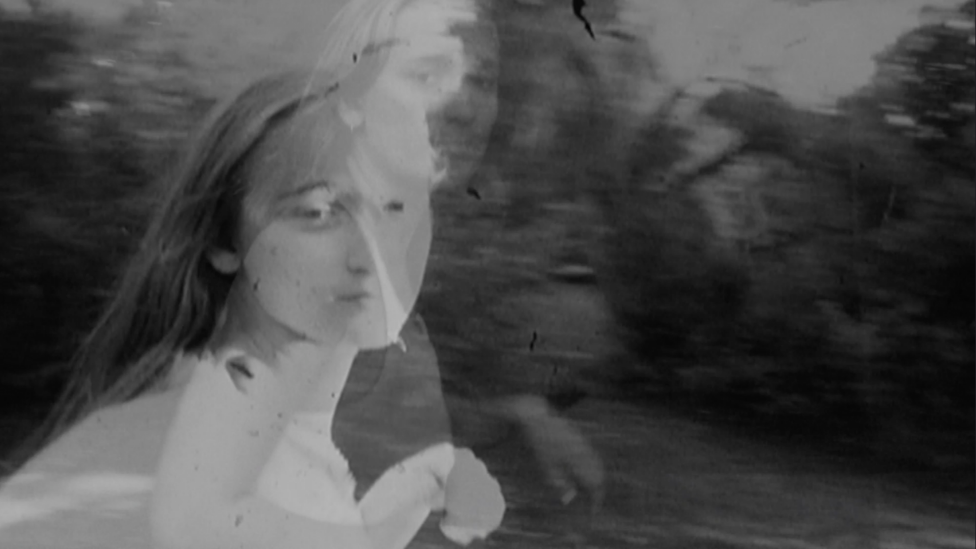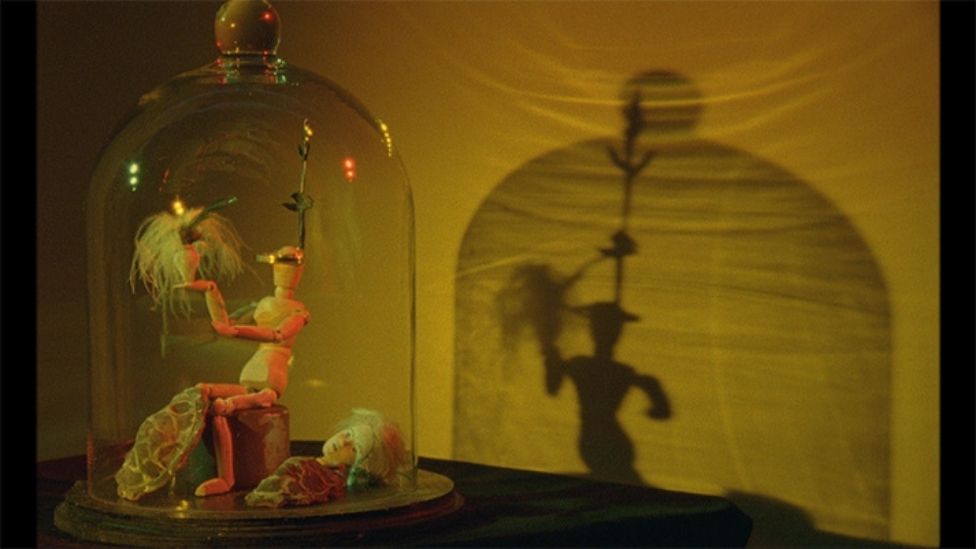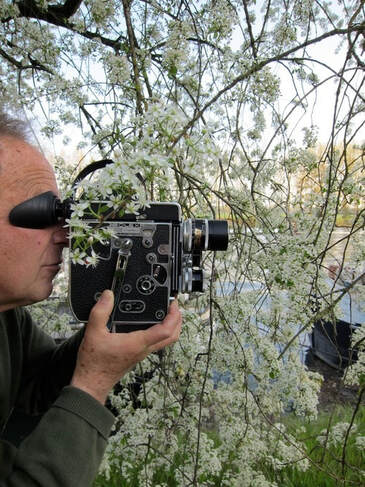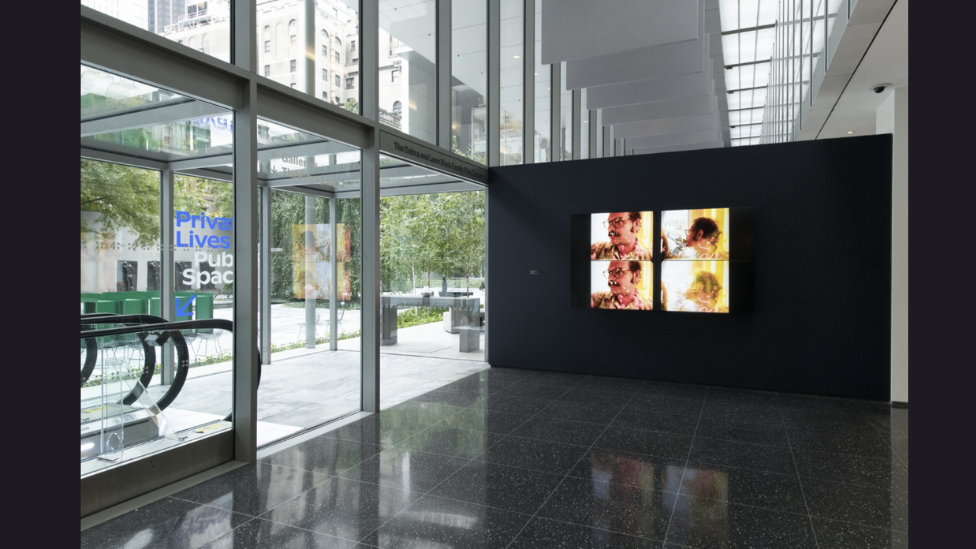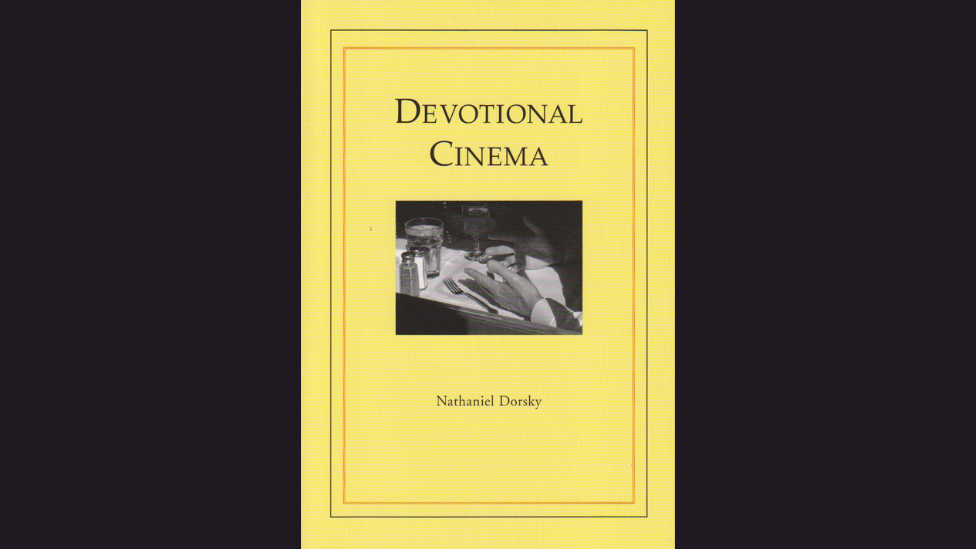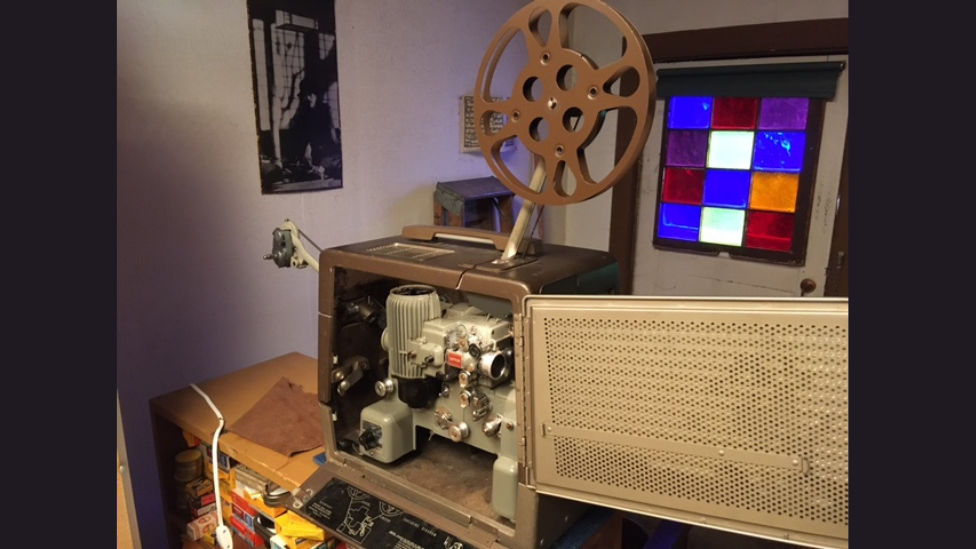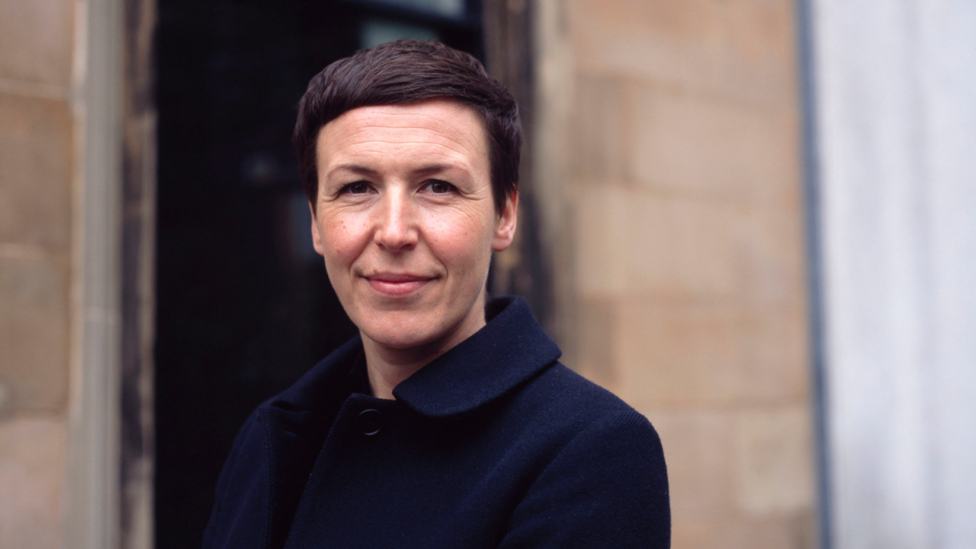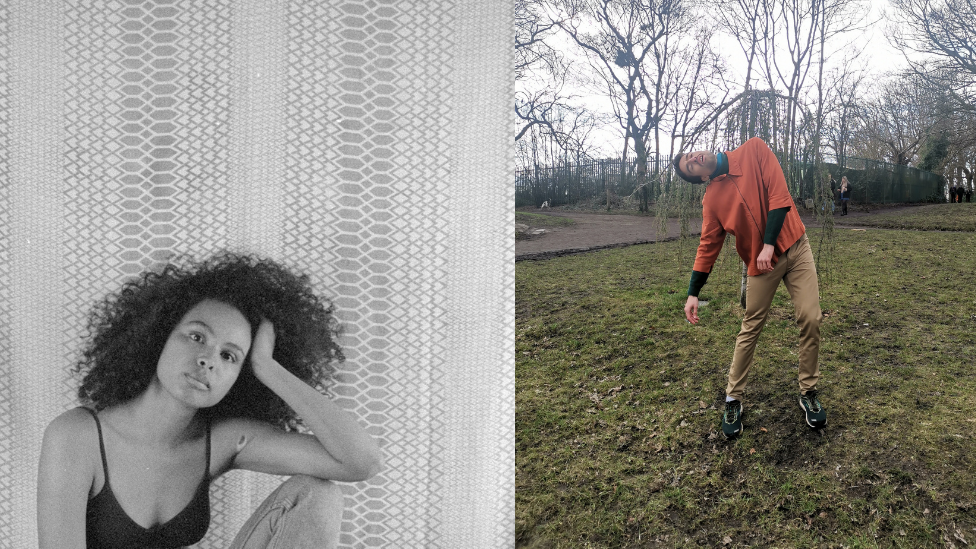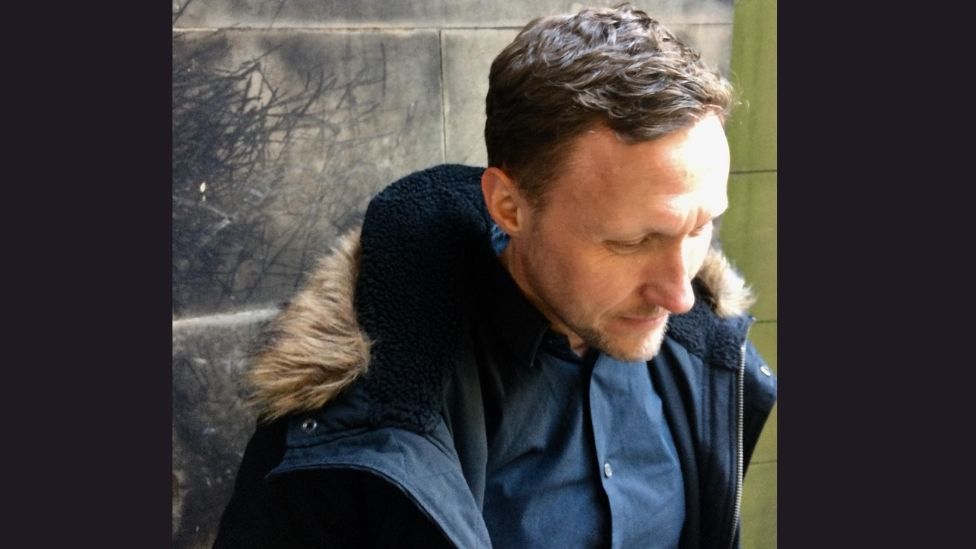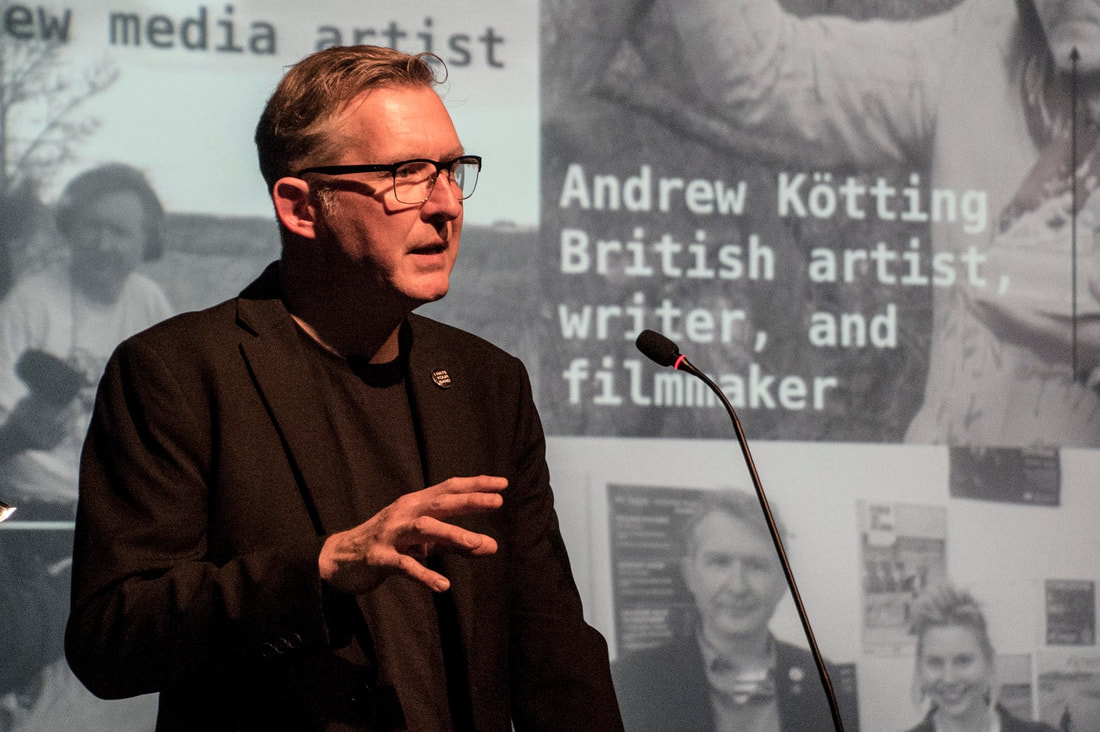|
Into The Mothlight is a podcast dedicated to artists’ moving image, experimental film and festivals and installation art.
Presented and produced by moving image artist Jason Moyes - Into the Mothlight gets inside the minds of the artists, curators and film festival people he meets. His gentle style of interview leads to a non-academic and inquisitive exploration of creative processes, approaches to research, journeys into the world of film curation and key moments their own adventures with the moving image. You can listen to the podcast on this page, and also listen and download it from Spotify and ApplePodcasts. We will also share images, links and information on the people we talk to for each episode. If you can support us and help us continue to give moving image artists a platform to discuss their work please visit our Patreon site here. By donating you will also give people interested in experimental film, festivals, installation art and the moving image the chance to hear from new and established artists. Now, step into the mothlight - best listened to in the dark. Jason Producer and Presenter.
1 Comment
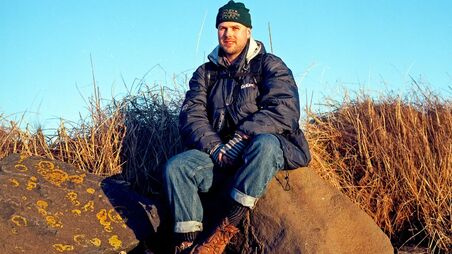
In 2021 Andrew Black was the twelfth recipient of the £15,000 Margaret Tait Award Commission, Scotland’s most prestigious moving image prize for artists. The film he went on to make was 'On Clogger Lane' which is the focus of this episode.
"Named for an old road, now submerged beneath a reservoir, On Clogger Lane meanders through the Washburn Valley in Yorkshire. It explores the infrastructures of capital on land overshadowed by a monstrous surveillance station, flooded and dammed, haunted by accusations of witchcraft, and populated by the traces of many generations of past inhabitants – from prehistoric carvings to the Victorian graves of child labourers. The film incorporates newly-recorded conversations with Sylvia Boyes, Anne Lee and Lindis Percy, local women who have been involved in opposing the activities of RAF Menwith Hill, an American-run signals intelligence base - and British and US imperialism in different capacities - over decades. Further contributors are local people whose connections to the Washburn Valley tell complex and interlinked stories of industrial exploitation, social history and folklore - farmers, antiquarians, dowsers, grandmothers, Quakers and communists. These oral histories are accompanied by an experimental score, including music by Leeds improvisational band Vibracathedral Orchestra, synthesised medieval English song, and archival sound and film from the Yorkshire Film Archive. On Clogger Lane explores the meeting points of passivity and protest, public and private, past and present, all coincident in the same patch of ancient land." The Margaret Tait Commission is a LUX Scotland commission delivered in partnership with Glasgow Film, with support from Creative Scotland. It is inspired by the pioneering Orcadian filmmaker and poet Margaret Tait. The community film that Andrew talks about making on Skye is Dàn Fianais or Protest Poem. Read about RAF Menwith Hill on the Yorkshire Campaign for Nuclear Disarmament here. We mention the additional editors Andrew brought in to finish the film, they were Daniel Hughes and Jen Martin. The colour was by Daniel Hugues, sound by the composer Richy Carey, mixed by Composer & Sound Designer Mark Readhead. Andrew Portrait by Matthew Arthur Williams. 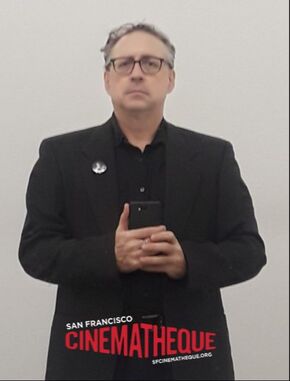
"Steve Polta is an occasional writer, occasional archivist, occasional historian and former taxi driver, living in the San Francisco Bay Area. He is also the Archivist and Artistic Director of San Francisco Cinematheque. He is the co-founder and current curator of Cinematheque’s annual Crossroads film festival. In 2014 he was awarded a Curatorial Research Fellowship from the Andy Warhol Foundation for the Visual Arts for the study of contemporary and historic performance cinema which resulted in Perpetual Motion, an extensive series of live cinema performance presented un San Francisco in Fall 2016. He holds an MFA from the San Francisco Art Institute and a Masters of Library and Information Science from San José State University."
Their mission is that: "San Francisco Cinematheque cultivates the international field of non-commercial artist-made cinema. San Francisco Cinematheque inspires aesthetic dialog among artists, stimulates critical discourse, and encourages appreciation of artist-made cinema across the broader cultural landscape." Crossroads 2022 is the thirteenth manifestation of Cinematheque’s annual film festival, this year the festival features 67 works of film, video and performance by 71 artists representing 18 countries and territories presented in 10 curated programs. I chat to Steve about his journey into experimental film, the alternative film and video scene in San Francisco in the 1990's, his approach to curating Crossroads and the significance of artist-run film labs. Some of the artists, films, people, books and oraganisations mentioned include: ‘Wavelength’ by the Canadian Filmmaker Michael Snow from 1967. Professor Robert Harris, at Palomar College in San Marcos. The book Independent Filmmaking by Lenny Lipton from 1972, with an introduction by Stan Brakhage. Anthology Film Archives in New York, an international centre for the preservation, study, and exhibition of film and video, with a particular focus on independent, experimental, and avant-garde cinema. Bruce Baillie, the American filmmaker and founding member of Canyon Cinema in San Francisco. Kenneth Anger, Stan Brakhage, Lenny Lipton and Jon Jost. Pacific Film Archive, the visual arts centre of the University of California, Berkeley. Craig Baldwin’s Other Cinema and also his 1991 film Tribulation 99. People Steve mentions from the mid-1990’s scene include Scott Stak and Greta Snider. The book Radical Light: Alternative Film and Video in the San Francisco Bay Area, 1945-2000. E6 colour reversal kits for home processing. There’s a good list of artist-run film labs here. Richard Tuohy and Dianna Barrie. Views from the Avant Grade programme at New York Film Festival. Wavelengths at Toronto International Film Festival Ann Arbor Film Festival - listen to our interview with Executive Director Leslie Raymond here. 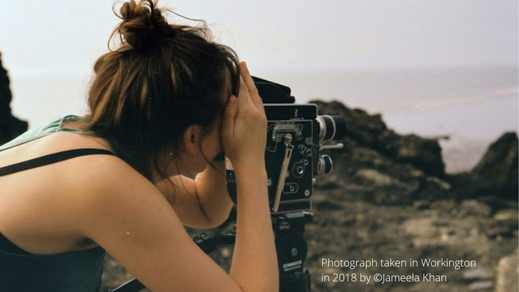
Julia Parks’s practice encompasses film, animation and photography, often using series of photographs and projected 16mm film. Through this medium, she explores the different relationships between landscape, place and people, often focusing on the west-coast of Cumbria.
Julia is currently living in Hawick as part of a 6-month residency with Alchemy Film & Arts as part of their The Teviot, the Flag and the Rich, Rich Soil programme. In our chat we discuss Julia’s love for exploring the geography, industry and history of a place through the people who live there. We talk about her time at St. Martins College and hours spent in the darkroom. We also talk about her 2021 film ‘Seaweed’ and how she came to be interviewed about hand processing film in seaweed on the television programme ‘countryfile’ - which - as the name suggests, is all about the British Countryside. Items of interest mentioned in the interview: Maria Menken and her film Glimpse of Garden from 1957 The German photographer Karl Blossfeldt and his photos of plants. John Baldessari, Goodbye to Boats (Sailing In), 1972-1973. Signal Film and Media - an award-winning charity that creates opportunities for all to take part in film and digital art activity. You can watch the trailer for Seaweed here. Read more about the Debrie printer Julia used at St. Martins. Julie grew up near the Sellafield Nuclear Power Plant. The German filmmaker developing in seaweed Julia mentioned was Dagie Brundert. Books mentioned include The Adventive Flora of Tweedside by Ada M Haward, published in 1919 and The Seaweed Collector's Handbook: From Purple Laver to Peacock's Tail by Miek Zwamborn. 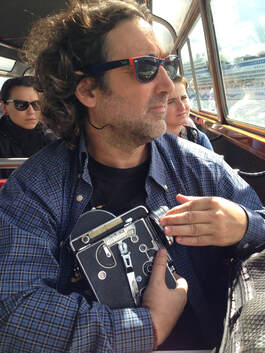
In our first face to face interview in a long time, we talk to New York based filmmaker Mark Street.
In his artist statement Mark says, “My work ranges from abstract hand-manipulated pieces to work that involves found footage, to feature length improvised narratives. Each film attempts to investigate new terrain, and avoids being confined by a specific look or mood.” The idea of not being confined was a recurring theme in our chat, we also discuss working with found footage, his adventures using Super 8mm film, and of course, Stan Brakhage who you will hear from at the top of this episode. Mark shared a memory of having Adolfas Mekas as a tutor in the Brooklyn Rail Filmmakers mentioned in the interview include Marie Menken, Carolee Schneemann, Barbara Hammer and Stan Brakhage. Rebecca Barten and David Sherman, and the Total Mobile Home microcinema, click here for writings, programmes and images. We talk about his film 'Zoom' in terms of working with found footage, watch an excerpt here. The Photographer Robert Frank. The article 'In Defense of Street Photography in an iPhone Age'published in Filmmaker Magazine. Marks films are available from Canyon Cinema or The Film-Maker’s Cooperative 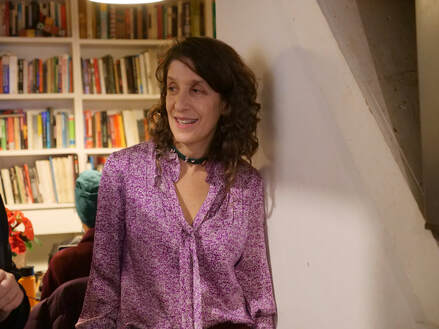
Since the 1980s, Lynne Sachs has created cinematic works that defy genre through the use of hybrid forms and collaboration, incorporating elements of the essay film, collage, performance, documentary and poetry. Her films explore the intricate relationship between personal observations and broader historical experiences. With each project, she investigates the implicit connection between the body, the camera, and the materiality of film itself.
After comprehensive career retrospectives at Sheffield Documentary festival in 2020 and the Museum of the Moving Image in New York this year, her latest feature ‘Film about a Father Who’ is being screened on the Criterion Channel along with seven other short films. Over a period of 35 years between 1984 and 2019, filmmaker Lynne Sachs shot 8 and 16mm film, videotape and digital images of her father, Ira Sachs Sr. a bon vivant and pioneering businessman from Park City, Utah. 'Film About a Father Who' is her attempt to understand the web that connects a child to her parent and a sister to her siblings. We chat about 'Film About a Father Who', her approach to experimental documentary making and living and working in San Francisco in 80's You can stream 8 of Lynne's films including FILM ABOUT A FATHER WHO on the Criterion Channel here. People, places and films Lynne references include: The work about civil disobedience is 'Investigation of a Flame: A Portrait of the Catonsville Nine' (2001) We discuss the films that feature Lynne's daughter Maya, including 'Maya at 24' (2021) 'Photograph of wind' (2001) - the title taken from an expression used by the photographer Robert Frank And 'Same Stream Twice' (2012) Quote from the Portuguese writer Fernando Pessoafrom The Book of Disquiet. “Everything that surrounds us becomes part of us, it seeps into us with every experience of the flesh and of life and, like the web of a great Spider, binds us subtly to what is near, ensnares us in a fragile cradle of slow death, where we lie rocking in the wind.” People and places in San Francisco. Lynne worked with the Vietnamese filmmaker, writer and composer Trinh T. Minh-ha She learned cinematography from Babette Mangolte who had also worked with Chantal Akerman A mention of Walter Benjamin, and in particular his essay ‘The Work of Art in the Age of Mechanical Reproduction’ She studied with the Swedish American filmmaker Gunvor Nelson - Read Lynne's throughs on the films of this artists here. The underground film maker George Kuchar Barbara Hammer - read about Lynne's film 'A Month of Single Frames' (2019) here, and see an excerpt from 'Carolee, Barbara & Gunvor' here Filmmaker and curator and her “compatriot big brother and dear dear friend Craig Baldwin and the programmes he would curate at Other Cinema Seeing Stan Brakhage films at the San Francisco Cinematheque and the Millennium Film Workshop (New York) Stan Brakhage's annual programme at the Anthology film Archives where he included Lynne’s work ‘The House of Science: a museum of false facts’ (1991) Lynne mentions her husband, the filmmaker Mark Street - read about Mark here The First Person Cinema Salon that Stan Brakhage ran in Boulder, Colorado, and showing silent works by Joseph Cornell from his own collection. Teaching filmmaking at the Flowchart Foundation And remember that you can support Into the Mothlight on Patreon here. 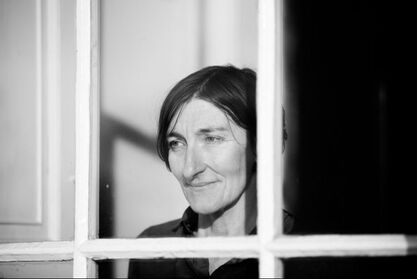
This time on Into the Mothlight Podcast an in-depth interview with the London based artist filmmaker Sarah Pucill. Her films have been shown in galleries and won awards at Festivals internationally. The majority of her films take place within the confinements of domestic space, where the grounded reality of the house itself becomes a portal to a complex and multi layered psychical realm. In her explorations of the animate and inanimate, her work probes a journey between mirror and surface, in which questions of representation are negotiated.
A limited edition Blu-ray release of Sarah’s acclaimed artists’ feature film Confessions to the Mirror has just been released by Lux. In this work she extends the study she began in her previous film Magic Mirror (2013) responding to surrealist artist Claude Cahun’s writing and photographs through tableaux vivants that re-stage her images and words. In our conversation we discuss both Confessions to the Mirror and Magic Mirror and the process of using the medium of film to bring life and colour to Cahun’s text and images. We also talk about her earlier works, her love for photomontage and the process of animation and her exploration of the interior world in her films. You can purchase Confessions to the Mirror at the Lux Shop here. Click here to read “A Dialogue with Claude Cahun: Between Writing, Photography and Film in Magic Mirror and Confessions to the Mirror,” a chapter from Sarah's book Cinematic Intermedialities, published by Edinburgh University Press, Ed Marion Schmid and Kim Knowles. Sarah's recent masterclass on her longer films can be viewed here. Portrait of Sarah Pucill by Laura Milburn.
Artists and works referenced in the interview.
The Slade - School of Fine Art in London Filmmakers Jane Parker, Liz Rhodes and Chris Wellsby who had an early impact on Sarah at the Slade. London Filmmakers Coop - we recommend this book by Mark Webber. The American Underground filmmaker, occultist and writer Kenneth Anger The Scottish artist Douglas Gordon who Sarah studied with. French philosopher Gaston Bachelard’s book Poetics of Space. Briefly mentioned, the British feminist film theorist - Laura Mulvey Sharon Morris - Professor of Fine Art at the Slade Lover Other (2006) - the Barbara Hammer documentary on Claude Cahun The Lizzie Thynne documentary - Playing a Part: The Story of Claude Cahun (2006) Gen Doy who had mentioned Sarah in a book Claude Cahun: A Sensual Politics of Photography (2007) The tableau vivant in Derek Jarman’s Caravaggio Tableau Vivant in Looking for Langston (1989) - by Filmmaker and installation artist, Isaac Julien Sarah's late partner Sandra Lahire whose Sylvia Plath trilogy of films inspired her to work with an earlier artist. The Blood of a Poet by Jean Cocteau (1932) and The Maya Derren film Meshes of the Afternoon (1943) that both feature shots where the antagonist looks directly into the mirror.
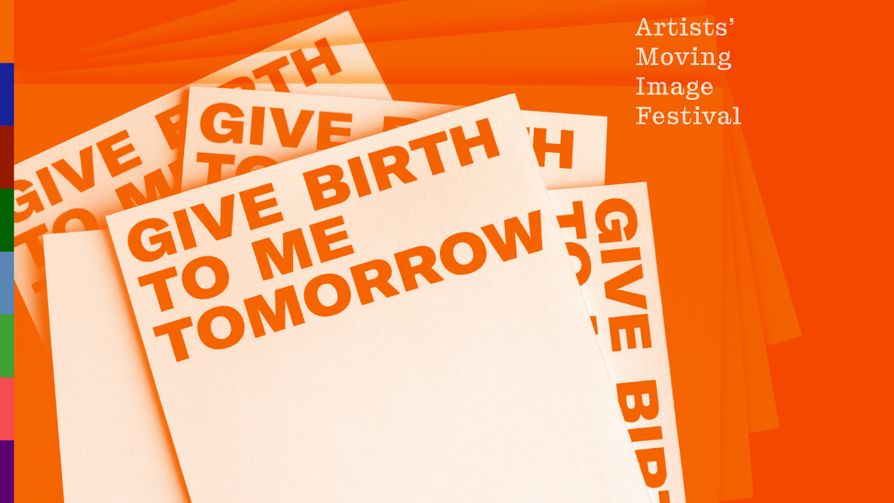 AMIF Artwork Design by Maeve Redmond AMIF Artwork Design by Maeve Redmond
The Artists’ Moving Image Festival (AMIF) was established in 2012 to provide a platform for the discussion and presentation of artists’ moving image, showcasing forms of production and research alongside screenings and discursive events. This year the festival has been co-programmed by artists and writers Tako Taal and Adam Benmakhlouf and includes a series of screenings and events scheduled to follow the lunar calendar across the rest of 2021. The event is hosted by LUX Scotland in partnership with the international art-space Tramway in Glasgow. In this episode we hear from LUX Scotland Director Kitty Anderson on the artists' moving image scene in Scotland and how LUX have supported artist over the last year. Tako and Adam share their experience and approach to programming the festival and reflect on one of the works they have selected. You can read the essay Adam wrote on Christian Noelle Charles for MAP Magazine here. SUPERLUX is LUX Scotland’s membership scheme, a national initiative that supports Scotland-based artists and arts professionals to develop more sustainable practices through professional development events, networking, skills development and training. SUPERLUX is currently free to join and also includes the offer of One-to-One Advice Sessions for artists living and working in Scotland. GIVE BIRTH TO ME TOMORROW continues in June 2021 - follow LUX Scotland for updates. 
LUX is an international arts agency that supports and promotes artists’ moving image practices and the ideas that surround them. Founded in 2002 the organisation builds on a long lineage of predecessors including The London Film-Makers’ Co-operative, London Video Arts and The Lux Centre.
Benjamin Cook is the founder director of LUX and LUX Scotland. He has been professionally involved in the independent film and visual art sector in the UK for the past 25 years as a curator, archivist, producer, writer and lecturer. In this episode of Into the Mothlight we’ll be looking at the role of Lux and how they support artists working in the moving image. In my chat with Benjamin Cook we touch on the history of the organisation, the collection of works they look after and the importance of being able to access some works online. We also talk about the 1-2-1 advice sessions that Lux delivers for artists and the Lux Critical Forum - discussion groups for artists who work with the moving image to talk about ideas and practice.
In the interview we mention:
Legendary London cinema The Scala London Film-makers’ Coop - read about the first decade of the organisation here. Menelik Shabazz - Award winning UK film director, producer, and writer – a key pioneer in the development of contemporary black British cinema. London Video /Electronic Arts - their role in the distribution and promotion of video art from 1976 not/nowhere - artist workers’ cooperative supporting new media practice The 1969 David Hall film ‘Vertical’ that I remain obsessed with. One-on-One artists' advice sessions run by Lux, and their monthly critical forum. |
Experimental film and installation artist Jason Moyes lives and works in rural Scotland and has been exploring the moving image since 2007. His work has been shown in the UK, North America, Europe and Asia. He is a founding member of the Moving Image Makers Collective.
|

